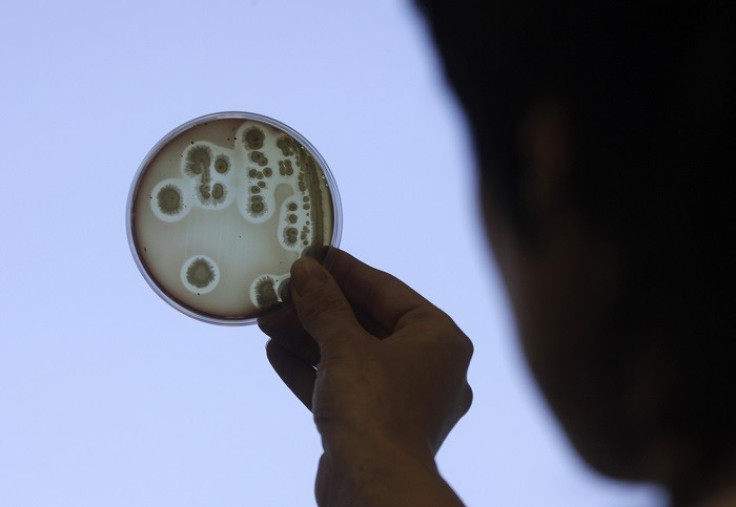Can vaccines be the answer to antibiotic resistance?
Scientists are developing vaccines for bacteria that have evolved resistance to a host of antibiotics.
Many types of bacteria are evolving resistance to antibiotics faster than we can make new ones, but there are only a handful of cases of vaccine resistance ever recorded. Vaccines don't come with such a stark resistance problem because they are given before exposure to disease and because they target a whole host of sites on the disease-causing pathogen.
Antibiotics are a mixed blessing. While they have transformed medicine since their discovery in the mid-20th Century, we are now said to be living in a post-antibiotic era, where these drugs of choice for bacterial infections are losing their potency.
The vast majority of vaccines do not come with the same challenges that antibiotics do, although they have a bad reputation. This is for two reasons, according to the authors of a paper published in the journal Proceedings of the Royal Society B.
First, giving a vaccine before exposure to disease doesn't put bacteria under the same pressure to evolve resistance. This is because antibiotics are a treatment rather than a prophylactic. This means antibiotics are usually given to someone is already sick, with a large pool of bacteria for potential mutations.
Second, vaccines often trigger a complex immune response that targets many different parts of the pathogen. This means that when the body is exposed to the real thing – rather than a weakened form in the vaccine – it is attacked from many different sides at once. Antibiotics, in contrast, often target just one particular aspect of the bacterium.
Simon Foster of the University of Sheffield, who was not involved in this paper, is working on a vaccine for MRSA – multiple-resistant Staphylococcus aureus. MRSA can be a big problem in hospitals for the elderly and people who have weak immune systems.
"For every single antibiotic introduced into the clinic for Staphylococcus aureus, resistance has appeared. It's inevitable that this will happen going forward. So you need an alternative," Foster told IBTimes UK.

However, developing effective vaccines for pathogens can be an extremely long and difficult research process.
"The easy ones have already been done," Foster said. "The ones left include the much more difficult ones – Staph aureus, you could argue, but then there's HIV, malaria and TB. Those are huge problems and there are not effective vaccines available for them at the moment."
Foster said that vaccines' benefit of rarely causing resistance is down to its use as a preventative measure, but disagreed with the study authors that targeting multiple sites played a significant role in this too.
"The primary reason evolution against effective vaccines has not been seen is because they're prophylactic. They don't always go for lots of targets. Some go against individual components and it doesn't seem to be a problem in most cases."
© Copyright IBTimes 2024. All rights reserved.







